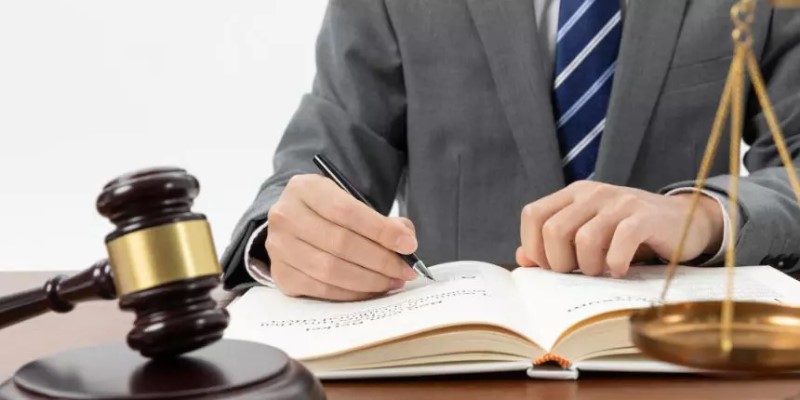Motorcycle accidents involving alcohol are a serious concern. Learn about the risks, statistics, legal consequences, and prevention measures in this comprehensive guide.
Introduction
Riding a motorcycle is an exhilarating experience, but when alcohol enters the picture, it can quickly turn into a nightmare. Motorcycle accidents involving alcohol not only endanger the rider but also pose a significant risk to others on the road. In this article, we delve deep into this critical issue, shedding light on various aspects such as the causes, consequences, legal implications, and preventive measures associated with such accidents.
Understanding the Scope of the Problem
Motorcycle accidents involving alcohol represent a significant portion of road traffic incidents. According to recent statistics from the National Highway Traffic Safety Administration (NHTSA), alcohol-impaired motorcycle riders are overrepresented in fatal crashes compared to other vehicle types. This underscores the urgent need to address this issue through comprehensive awareness campaigns and stringent enforcement of DUI laws.
The Anatomy of a Motorcycle Accident Involving Alcohol
When alcohol impairs a rider’s judgment and motor skills, the likelihood of an accident increases dramatically. Inebriated motorcyclists may exhibit reckless behavior, such as speeding, weaving between lanes, or failing to obey traffic signals. These actions significantly raise the risk of collisions with other vehicles, pedestrians, or stationary objects, leading to severe injuries or fatalities.
Factors Contributing to Alcohol-Related Motorcycle Accidents
Several factors contribute to the occurrence of motorcycle accidents involving alcohol:
- Impaired Judgment: Alcohol consumption impairs cognitive functions, leading to poor decision-making on the road.
- Reduced Reaction Time: Inebriation slows down reflexes, making it difficult for riders to respond effectively to sudden hazards.
- Loss of Balance and Coordination: Alcohol affects motor skills, increasing the likelihood of losing control of the motorcycle.
The Legal Ramifications
In addition to the physical and emotional toll, motorcycle accidents involving alcohol carry significant legal consequences. In most jurisdictions, driving under the influence (DUI) is a criminal offense punishable by fines, license suspension, and even imprisonment. Moreover, individuals involved in alcohol-related crashes may face civil lawsuits seeking compensation for medical expenses, property damage, and pain and suffering.
Preventive Measures and Risk Mitigation Strategies
Preventing motorcycle accidents involving alcohol requires a multi-faceted approach involving education, enforcement, and community engagement. Some effective strategies include:
- Public Awareness Campaigns: Educating the public about the dangers of riding under the influence and promoting responsible drinking habits.
- Enhanced Law Enforcement: Implementing sobriety checkpoints and increasing patrols to deter drunk riding and apprehend offenders.
- Support for Alternative Transportation: Encouraging the use of designated drivers, ridesharing services, or public transit to ensure safe travel after drinking.
Frequently Asked Questions (FAQs)
- What are the penalties for DUI motorcycle riding?
- DUI penalties vary by jurisdiction but may include fines, license suspension, mandatory alcohol education programs, and jail time.
- Can a motorcycle accident involving alcohol affect insurance coverage?
- Yes, insurance companies may increase premiums or deny coverage for accidents involving alcohol, considering them high-risk behavior.
- Is it legal to ride a motorcycle after consuming any amount of alcohol?
- No, most jurisdictions have strict DUI laws that prohibit operating a motorcycle with a blood alcohol concentration (BAC) above the legal limit.
- Are there any technology-based solutions to prevent drunk riding?
- Some motorcycle manufacturers are exploring the integration of alcohol detection systems into their vehicles to prevent operation by impaired individuals.
- How can I support a friend or loved one struggling with alcohol addiction and riding?
- Encourage them to seek professional help, such as counseling or rehabilitation programs, and offer support and understanding throughout their recovery journey.
- What should I do if I witness a motorcycle rider exhibiting signs of intoxication?
- Contact law enforcement immediately and provide details about the rider’s location, description, and behavior to prevent a potential accident.
Conclusion
Motorcycle accidents involving alcohol pose a grave threat to public safety, but with concerted efforts and proactive measures, we can reduce their incidence and impact. By raising awareness, enforcing DUI laws, and fostering a culture of responsible drinking and riding, we can create safer roads for all motorists. Remember, the choices we make on the road can have far-reaching consequences, so let’s prioritize safety and sobriety every time we ride.


